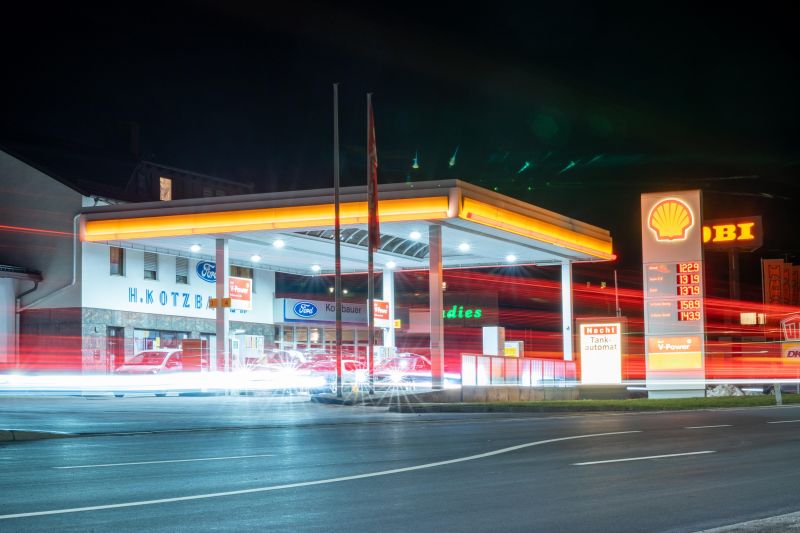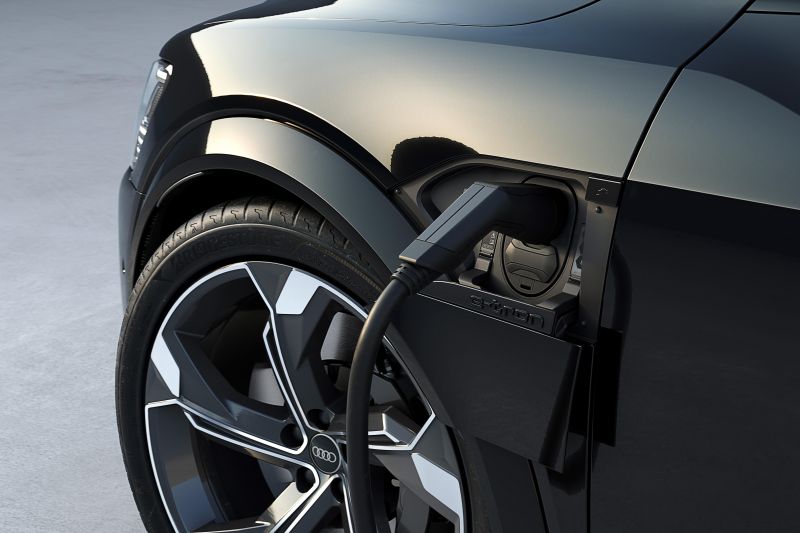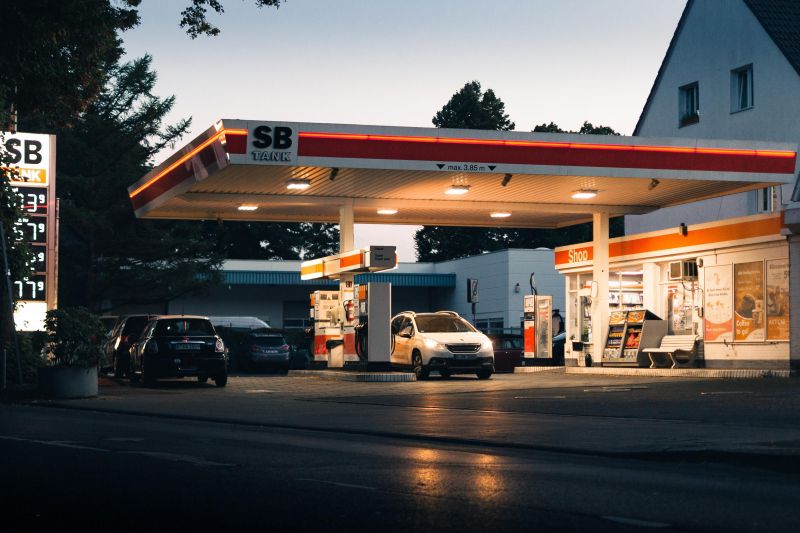Germany wants to be the first country in Europe to mandate electric vehicle (EV) chargers at almost all of its service stations.
German Chancellor Olaf Scholz announced the plan to expand EV charging in the country at this month’s Munich motor show.
Reuters reports Germany plans to introduce a law requiring service stations to have EV chargers, with the aim of furthering EV take-up.
Chancellor Scholz said that Germany will become “the first country in Europe to introduce a law requiring operators of 80 per cent of all service stations to provide fast-charging options with at least 150 kilowatts for e-cars”.
He did not give a timeframe for the initiative, however.
Germany reportedly has 90,000 public chargers, however the government wants to have 1 million public chargers by 2030.
The government reportedly also aims to have 15 million EVs on the roads by 2030, however, this plan is lagging behind as well, with Germany only having 1.2 million EVs on its roads by the end of April.
High purchase prices, a lack of EV charging stations and a limited range of EVs have been cited as the main reasons for lagging EV sales, especially in rural areas, Reuters reports.
EVs currently account for around 13 per cent of all new car sales in Germany.
Chancellor Scholz was also asked about rising competition from China on the electric vehicle front.
“Competition should spur us on, not scare us,” he said.
“In the 1980s, it was said Japanese cars would overrun the market. Twenty years later it was cars ‘made in Korea’ and now supposedly Chinese electric cars,” he said, maintaining the competitiveness of German car makers is “beyond doubt”.
This month’s Munich motor show didn’t run without incident, with protesters reportedly climbing on top of cars at Mercedes-Benz and BMW stands, displaying “the party is over” signs and broadcasting “future is being destroyed”.
Chancellor Scholz condemned the protests, saying: “Protests are part of public and democratic debate … but it is a little anachronistic. If you walk through these stands and see the new technologies… to make mobility have less or no emissions in future, it is a bit irritating.”
All this comes as Germany previously lodged a last-minute objection to a proposed ban on combustion vehicle sales in Europe.
As a result, the sale of new combustion-powered vehicles will continue in Europe beyond 2035, after Germany successfully argued for a key exemption.
Germany has argued cars running on e-fuels, also known as synthetic fuels, are carbon neutral when produced using renewable energy and carbon captured from the air.
Critics have argued these fuels require a great deal of energy to produce, and should therefore be used only in vehicles where battery-electric power isn’t as feasible such as heavy trucks and planes.
As Germany is the largest car market in Europe, its reluctance to embrace the ban highlights the difficult balance the EU must strike between economic interests and environmental concerns going forward.



